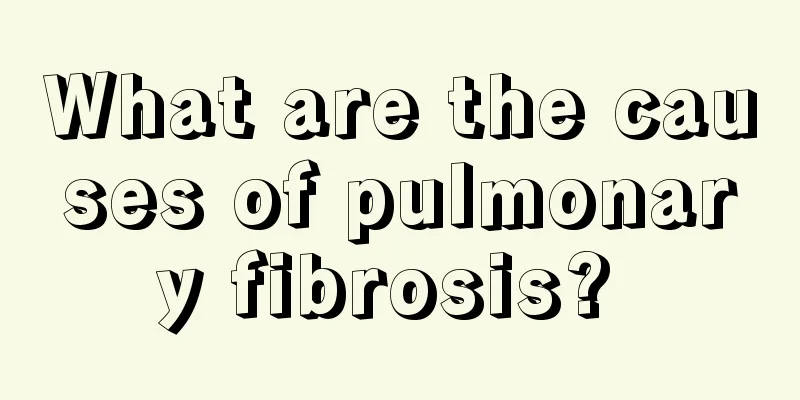There is a white hard lump on the sole of my foot

|
A white hard lump on the sole of the foot may be a callus or a corn. They both appear as a hard lump, but the specific manifestations and shapes are different. Calluses generally do not require treatment and can be handled with appropriate methods, but you should pay attention to regular care to prevent recurrence. If the hard bumps on the soles of your feet are corns, they need to be treated with medication or surgery. Friends who have hard bumps should first identify what type they are before dealing with or treating them. Corns and calluses behave differently 1. Corns Corns are generally the size of a bean or larger, with a smooth surface that is level with the skin or slightly raised, with clear boundaries and a light yellow or dark yellow color. There is an inverted cone-shaped keratin plug in the center that is embedded in the dermis. Because its tip presses on nerve endings, it causes pain when walking. Corns are often found in the front middle part of the plantar, the outer side of the little toe or the inner edge of the big toe, and also on the dorsum of the toes. Corns occur between the 4th and 5th toes and are soaked in sweat, with a grayish-white, softened stratum corneum. It's called a soft corn. 2. Callus Callus is a waxy yellow, flat or slightly raised localized hyperkeratotic plaque that is hard and slightly transparent, with unclear boundaries, thicker in the center and thinner at the edges. It often occurs on the palms and soles and often occurs symmetrically. Occupation-related cases may be seen in pressure areas. Generally no symptoms. In severe cases, there may be tenderness. Differentiation between corns and calluses 1. Corns are inverted cone-shaped keratin hyperplasia, which causes obvious pain when walking. 2. Calluses are flat, flaky thickenings of the keratin that cover a wide area and are generally painless. Treatment of corns 1. Correct deformity, wear suitable shoes and use soft insoles. 2. Topical medication treatment, such as corn ointment. 3. Surgical treatment. 4. Liquid nitrogen freezing and laser treatment. Treatment for calluses When you discover a callus on your foot, the first thing you care about is how to remove it. Generally speaking, it is easier to deal with thin calluses when they have just grown. You can soak your feet in warm water to allow the stratum corneum to absorb moisture and become soft and white, and then gently rub them off with a light and porous pumice stone. If the calluses are thick, you should seek help from a dermatologist or a regular pedicurist, who will use a sterilized scalpel or safety blade to remove the calluses layer by layer. After a period of time, the calluses will usually grow again, and the process needs to be repeated many times. But it must be noted that pedicure should not be done too frequently, otherwise it will stimulate skin keratinization and calluses will form faster. In addition, avoid tearing off the calluses yourself or using scissors or nail clippers to remove calluses, because this will not only make the skin uneven at the trimmed area, but the calluses will also tend to become thicker and harder. |
<<: How to treat calluses on soles of feet
>>: Can white sugar cure athlete's foot?
Recommend
Using banana peels like this can remove age spots
Banana peel is a common fruit peel in daily life....
Sequelae of hemorrhoidectomy
Nowadays, most people sit for long periods of tim...
Are the symptoms of diabetes insipidus in babies obvious?
Diabetes insipidus is a disease that is more comm...
What is the effect of raising your legs
When exercising, many people will raise their leg...
What are the preventive and therapeutic measures for pancreatic cancer
In fact, in life, as long as everyone is attentiv...
Introduction to the best treatment for small cell lung cancer
Small cell lung cancer is a disease that occurs i...
Measles diet therapy
When it comes to urticaria, everyone will feel ve...
The harm of raw eggs
Many people are familiar with hairy eggs, which a...
What causes sleepiness in the morning?
Drowsiness is a relatively common symptom. It is ...
How to provide nursing care for patients with advanced primary liver cancer? Three nursing measures for patients with advanced primary liver cancer
Primary liver cancer is also a common type of liv...
The role and efficacy of lincomycin
The development of medical technology has extende...
The difference between Thuja and Oriental arborvitae
Thuja sutchuenensis refers to the cypress that gr...
Symptoms and treatment of cervical cancer
Symptoms of cervical cancer include vaginal bleed...
What methods are there to remove acne?
The appearance of acne marks or acne is actually ...
Can ulcerative gastric cancer be cured?
General gastric ulcers are benign ulcers. Early g...









